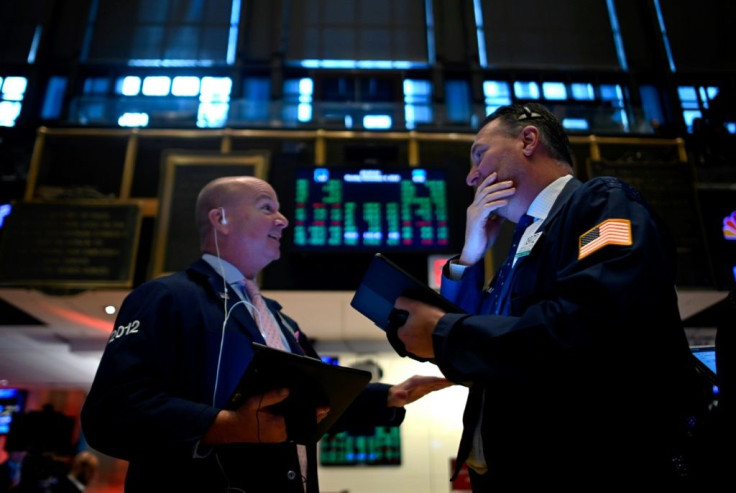A Bullish Sign For S&P 500
Wall Street has been exaggerating the positive and downplaying the negative in Q2 earnings reports, according to a recent FactSet report, which closely follows the earnings of the S&P 500 member companies. That's usually an indication that money on the sidelines is anxious to get back into markets, a bullish sign for the broadly followed index.
S&P 500 companies that saved positive earnings surprises for Wall Street saw a more significant price increase than usual. "Companies that have reported positive earnings surprises for Q2 2022 have seen an average price increase of 2.1% two days before the earnings release through two days after the earnings release, '' said John Butters, vice president, and senior earnings analyst at FactSet. "This percentage increase is much larger than the five-year average price increase of 0.8% during this same window for companies reporting positive earnings surprises."
How does this price increase compare with previous quarters? It's "the largest average price increase for S&P 500 companies reporting positive EPS surprises for a quarter since Q3 2019 (+2.2%)," according to Butters' calculations.
What about companies that saved negative earnings surprises for Wall Street? They saw a muted market response. "Companies that have reported negative earnings surprises for Q2 2022 have seen no price change (0.0%) on average two days before the earnings release through two days after the earnings release," said Butters. "This percentage is well above the five-year average price decrease of 2.4% during this same window for companies reporting negative earnings surprises."
Again, that compares favorably to previous quarters. Moreover, it's "the first time the index has not seen a negative price reaction on average to negative EPS surprises reported by S&P 500 companies for a quarter since Q1 2009 (+0.3%)," Butters adds.
What can explain Wall Street's overreaction to positive earnings surprises and underreacting to negative earnings surprises in the Q2 earnings reporting season? Robert R. Johnson, Professor, Heider College of Business, Creighton University, believes that market participants were overly pessimistic in the first half of 2022, and the market's reaction is simply an example of a "reversion to the mean."
"Oftentimes, financial market participants overreact to either actual news or expectations regarding economic activity," he told International Business Times in an email. "All one has to do is scan the business and financial news to see that market participants have been fixated upon the prospects for a significant slowdown in economic activity or recession. This expectation was baked into stock prices. The release today of lighter-than-expected inflation figures paves the way for greater optimism by investors. I am not surprised by the market's tepid reaction to earnings' misses."
The trouble is that trader and investor sentiments often swing between excessive pessimism and excessive optimism, and that makes it hard to predict how Wall Street's reaction to the next earnings season.

© Copyright IBTimes 2024. All rights reserved.






















